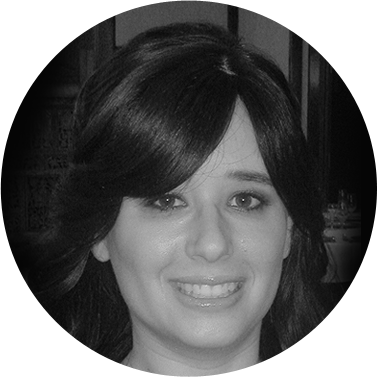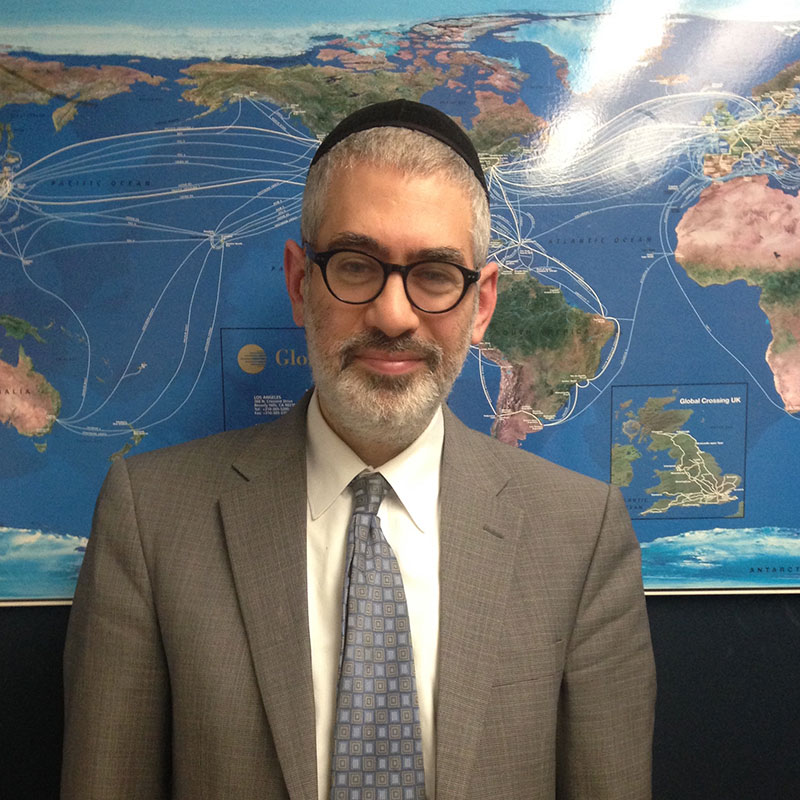Nechamie Margolis | Founder, Chief Writer
When did you start writing?
Since I got my first diary at age 13. I kept at it and eventually was published at age 17. Then I went on to earn a degree in creative writing and put it to test as feature editor and writer for several magazines for the past eight years. Eventually, I became a life story writer. My passion is helping people save family stories and memories. I wrote my first family history book eight years ago and the thrill of placing a finished product in my client’s hands has only increased over the years.
What do you like doing the most?
Reading. Most of my childhood was spent curled up on a couch reading. People remember me as that girl who never looked up once from her book, but I have no recollection of them all. When I finally did look up from my books, I discovered the powerful, poignant stories held in in the lives of ordinary people. Those are the people I write about.
How did you decide to write biographies?
This was my grandfather’s last gift to me. When he, a well known psychiatrist from New Orleans, insightful and astutely self-aware, told me after he read his memoirs I wrote for him, “You found more in me than I knew was there,” I knew what I was going to do. Write about life.
How does it actually work, writing a biography?
I listen, for hours, and ask questions, record and listen more. And then I disappear with my Underwood typewriter into the long shadows of Brooklyn Public Library or a Starbucks. Well, actually it’s not an Underwood. Only imagine schlepping an Underwood into a Starbucks… no room for a Venti. And on top of it some especially sensitive types might find hours and hours of a typewriter staccato objectionable.
So, I pull out my 13 inch laptop, grab a coffee pumped up with milk and sugar (G-d and Weight Watchers save my soul!), and put the lives that I listened to into words, and words become bridges, so that others can get to know those lives too. Really know.

What is a personal historian? Watch this brief video to learn more.
Sam Rosshe | Writer/Editor
How did you start writing?
For years, as a psychotherapist, I listened to my patients telling paradoxical tales of their improbably difficult lives. Some call their living problems “madness.” To me, these stories always made sense, since we all live in a world of our own creation, of successes and hopes and losses and regrets.
I always wished I could retell them, these remarkable testimonies of a struggle for uneasy truths and difficult lives, and set them free. Only I couldn’t. They belonged to my patients, and I had to protect their privacy. And then I found biographies…
How does your work experience enhance your writing?
Having spent almost 20 years in clinical practice, I learned to be attentive to nuance, to hear the story behind the story, and bring back to life the emotions and the memories of the past.
How do you do it?
Every morning I put freshly ground Italiano into my macchinetta, and soon my house is bursting with this absolutely addictive scent. I climb into my old square armchair, flip open my MacBook and write. There, the books on the shelf behind me have my back: the Scriptures, Talmud, the Zohar, and The Great Books of the Western World. From there, I let the story tell itself.
Eric Feinstein | Genealogist
What was your first experience with genealogy ?
My first foray into Jewish genealogy was taking my grandmother’s family tree and visiting all the relatives listed, piecing together my family history, person by person. I found the process exhilarating and full of surprises and this experience led me into a formal study of genealogy.
What skills enhance the work you do?
My degree in Soviet and East European Studies has enhanced the detective work I’ve been performing on a daily basis over the past 20 years. I speak Russian, French and German, and can read documents in Polish, Hungarian, Czech and many of the Slavic languages. Traveling extensively throughout Europe and volunteering for the JewishGen Online Worldwide Burial Registry has given me a wealth of critical knowledge about cemeteries all over Europe and how to trace families back through generations.
What is your favorite part of your work?
The challenge of hunting for informing is thrilling to me. There are always surprises—you never know what you’ll find until you start looking. Once upon a time, I found a grave for a client. The only problem was that it was half-buried in the ground. After waiting through a brutal Polish winter, we dug out the tombstone and cleaned it until the inscription became visible. This experience became my guiding light: If you want results, always dig a little deeper.
